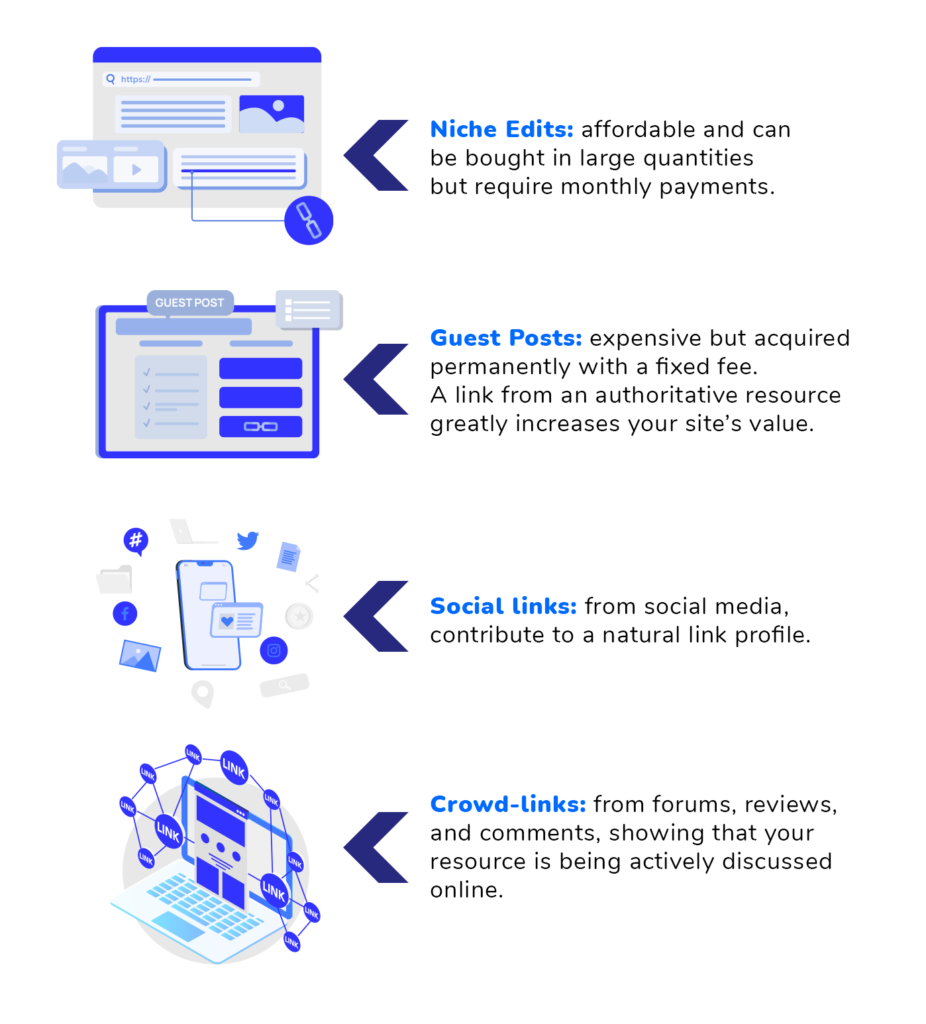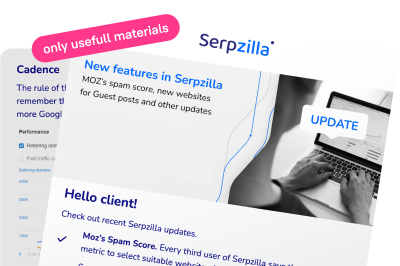Primary objectives for every startup include making themselves known, increasing brand recognition, and growing their customer base. SEO is very helpful in this regard, but with limited resources and budgets, it can be challenging.
Consider Local Promotion
Maximize the information on your company’s profile across various internet maps and directories. This can attract more local user traffic. If your company has a profile on specialized industry websites, ensure it’s fully updated. Add photos and videos of your activities and a Q&A section wherever possible.
These methods will help not only to increase local traffic but also improve your site’s position in Google search results, as the search engine responds well to such factors. Always respond to reviews about your company and try to include links to your site in these responses.
These simple solutions will not only promote your resource but also enhance the effect of other tools you use.
Don’t Neglect Internal Optimization
Link building is essential for effective SEO, but before you start, make sure your site is functioning correctly. For instance, if you embark on aggressive link building and try to advance through external links, errors on your site could render these efforts futile. Additionally, a malfunctioning website can frustrate your audience and potentially lead to traffic loss. Ensure your resource is optimized for mobile platforms, as more users are accessing the internet through these devices.
There are many services and tools to help audit your site and optimize its technical aspects. For example, Google Search Console and Screaming Frog are commonly used for this purpose. Annual checklists are published detailing all necessary procedures. Alternatively, you can hire professionals to perform these tasks comprehensively and prepare your site for external optimization.
Be sure to optimize your pages for keywords. Analyze the keywords on your site and place them correctly on the pages. Create a content calendar to regularly supplement your resource with materials containing the necessary keywords.
If you’re unsure which keywords to promote, analyze your main competitors’ websites. You might be overlooking important keywords that drive significant traffic to them. Various services can be used for this analysis. Ahrefs is a popular choice. Alternatives include Megaindex and Semrush.
Attract Links
Startups are usually limited in promotional resources. Therefore, divide the incoming links for your site into those you can obtain for free and those you need to buy.
Free Links
Begin by setting up as many free links as possible. For example, if you’re a dealer of certain products, ask for a link from the manufacturer’s site. Various directories also allow you to place free links. Other sources include industry resources, communities, and regional portals valuable for local businesses.
Another way to get free links, albeit requiring significant effort, is to organize contests or educational courses. You can distribute this content through social networks or thematic sites to garner more free links. Some link builders get free links by publishing professional articles, but this is time-consuming. Blogging or contributing expert columns on other resources also falls into this category.
Paid Links
If you plan to buy links, it doesn’t necessarily require large investments. The larger the budget for link building, the greater the potential impact.
Some novice SEO-specialists fear buying links due to potential penalties from search engines. However, these consequences only arise if links are acquired indiscriminately in large quantities. If a site that grew by ten links per month suddenly gains a couple of thousand in one day, it looks suspicious.
A growing site builds its link profile from various sources. Users, colleagues, and reviews mention it. Therefore, an SEO-specialist buying links should follow similar logic. The profile should contain different types of links, appearing natural. Common types include:

At first glance, it may seem difficult to promote a site without substantial budgets. The price of a link might seem directly related to its effectiveness. However, with the right approach in selecting donor sites, you can acquire optimal links at a favorable cost. The key is to select the most important parameters for you and choose based on them.
It’s counterproductive to focus only on one type of link. Greater success is achieved by purchasing various types. Don’t expect immediate effects—usually, it takes at least a couple of weeks before link building impacts search engine rankings.



